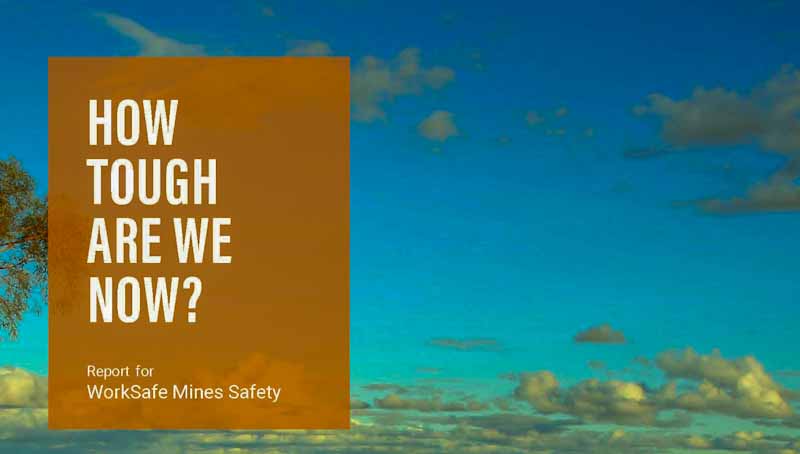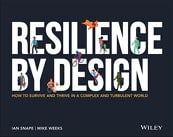RUOK? Day is held in September each year in Australia. The workplace suicide awareness campaign has been very successful, but over time, I have observed a decline in effectiveness, certainly at the local communication level. It may be a victim of its own success as almost all awareness campaigns struggle to maintain their original freshness. Perhaps it is time for a change. Perhaps that change is being forced upon us.
Category: health
Working in Heat, and Gwarda
New research into working in excessive heat concisely summarises the socioeconomic impacts but misses the obvious strategies to prevent or diminish these impacts. It also includes impacts on productivity, but heat and climate change are not in the current Australian business group discussions about productivity. Those groups could benefit from understanding Gwarda.
Burnout is the new Stress
Burnout will continue to be a trend for discussion papers and marketing brochures for some time to come. A recent one, from Udemy Business is a good example of discussion without action. If we were to replace the word “burnout” with “stress”, the paper could easily have been produced over twenty years ago.
Many of the data sources will be familiar – Gartner, Gallup, McKinsey, Deloitte. The Gallup Research included these top five causes of burnout:
There’s more to the Right to Disconnect than just ignoring the boss
The Australian Labor Party (ALP) conference has endorsed the concept of the right-to-disconnect, according to an article in The Australian. Sadly, the reporting on the change has a dismissive tone on what is an attempt to address the increasing costs of mental health at work. Readily accessible and recent survey data on the right-to-disconnect could have been used for a fuller analysis.
Journalist Ewin Hannan wrote:
Softly, Softly, Catch the Monkey
As with most political party conferences, occupational health and safety (OHS) is a fringe issue. OHS or safety is sometimes mentioned in the big political speeches but often as an afterthought or obligatory mention that is rarely explored to the extent it deserves. The Australian Labor Party (ALP) recently held its national conference in Brisbane. Work health and safety was mentioned.
The ALP Conference is not intended to change Australian government policies. Its aim is to review and revise the ALP Party platform; it drops what may be redundant and improves the policy platform’s relevance. The conference may indicate party member concerns to the parliamentary members, but the government’s positions are for the parliamentary members to decide.
It should come as no surprise that the ALP has again refrained from banning the import and use of engineered stone even though the silicosis risks are well-established.
“..what it means to act like a man and what it means to work safely..”
Ten years ago, I was enlightened by a presentation on masculinity and occupational health and safety (OHS) by Dean Laplonge at a safety conference in Canberra. He has continued researching that interconnection, and visiting WA and recently released his latest report written for WorkSafe WA after a series of “roadshows”.
After years of scandals in what has been described as the epitome of toxic masculinity, the West Australian mining industry claims to have changed its culture and created a psychologically safer work environment. Culture-As-Usual was not an option after multiple exposures of work-related suicides, sexual assaults, and harassment uncovered by independent and parliamentary inquiries. Laplonge revisited Western Australia and reported on the progress.
Good book that misses important OHS perspectives
I buy at least one new book related to occupational health and safety (OHS) every week. Yes, I have a big pile of unread or, half-read books. Every now and then, one stands out, and “Resilience by Design” did just that. Initially, it was about the formatting, but then the content grabbed me. It is not a “straight” OHS book, and much of it focuses on individual interventions, but there is enough content to further the OHS discussion about psychosocial hazards and provide insight into the non-OHS perspectives of this growing area of safety management.







